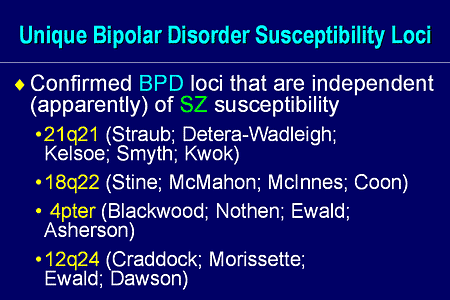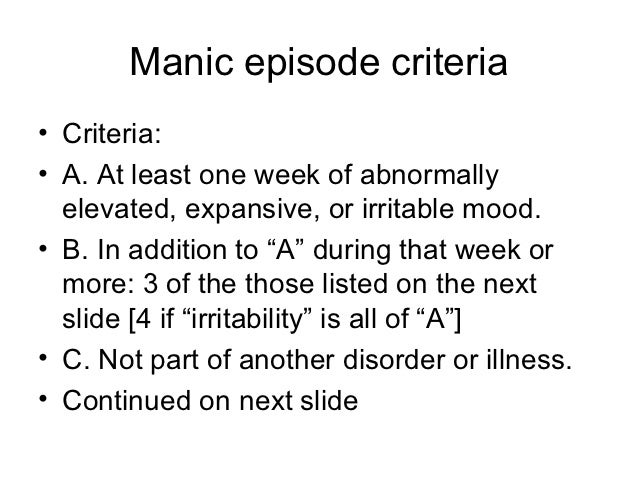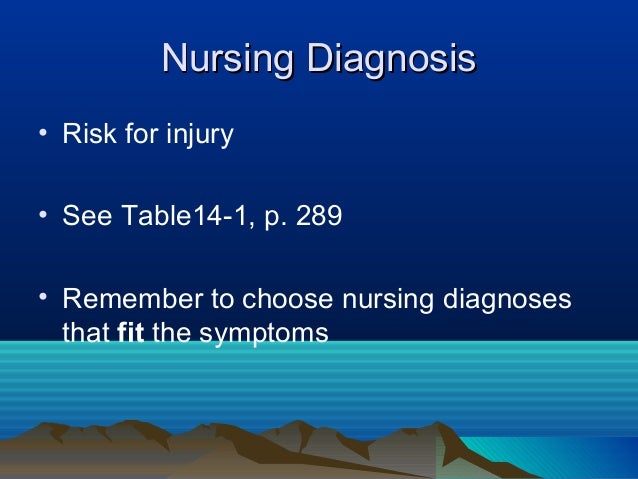

Reading Suggestion: Do Narcissists Enjoy Kissing? Specifically, their lies revolved around themes of popularity, dominance, and appearance. They found that narcissists lied for the purposes of self-gain. In one study from 2014, the researchers looked into the motivations for lying among people who possess one of the “dark triad” of personality traits – narcissism, Machiavellianism, and psychopathy. Their goal is to receive flattery, praise, attention and adoration from other people to prop up their self-esteem (this is known as “narcissistic supply”).Ī number of studies have confirmed this. They lie about their skills, their abilities, and their accomplishments. Their actions are designed to be consistent with this projected self, and to protect it at all costs.Īnd because narcissists have difficulty generating self-worth from within, they need to get it from the reactions of other people.

Their huge ego and apparent high self-esteem hides a weaker, fragile self underneath. These are less accepted as part of normal human life.įrom one perspective, a narcissist’s whole life is a lie. Some researchers call these “black lies”. They are seen as harmless, for the most part, and a natural part of navigating the social landscape.īut then there are the bigger lies, those that give us an unfair advantage, often at the expense of someone else. These are the classic “little white lies” that people tell.


Do not stop your medication or change the dose of your medication without first consulting with your physician. Always consult with your psychotherapist, physician, or psychiatrist first before changing any aspect of your treatment regimen.Dombeck and Mental Help Net disclaim any and all merchantability or warranty of fitness for a particular purpose or liability in connection with the use or misuse of this service. Dombeck, Mental Help Net and CenterSite, LLC make no warranties, express or implied, about the information presented in this column.
#BIPOLAR DISORDER AND PATHOLOGICAL LYING DISORDER PROFESSIONAL#
No ongoing relationship of any sort (including but not limited to any form of professional relationship) is implied or offered by Dr.Questions submitted to this column are not guaranteed to receive responses.Dombeck intends his responses to provide general educational information to the readership of this website answers should not be understood to be specific advice intended for any particular individual(s). Dombeck responds to questions about psychotherapy and mental health problems, from the perspective of his training in clinical psychology.


 0 kommentar(er)
0 kommentar(er)
